Pronouncing literally
« previous post | next post »
Commenting on yesterday's post "Semantic drift of the week", Nicholas wrote this about the pronunciation of different senses of the word battery:
In Australia and many parts of the UK, the pronunciation between both is significantly different.
"Batch-ry" holds the electrical charge.
Batt-ery is the criminal charge.
Pronouncing words like military, literally, and battery without making the "ch" sound (mili-chery') is a sign of an uneducated person..
Many other comments followed, discussing various pronunciations of these and similar words, along with their geographical, social, and lexical distributions.
This morning I'll ignore the interesting sociolinguistic aspects, except to note (as sociolinguists often remind us) that people's intuitions about when and why they say what are generally not very reliable, so that it's a good idea to check how people actually talk, including ourselves…
Instead I'll take a brief look at the phonetic issue under discussion.
YouTube has many instructional videos on this very topic. I'll look at just two of them, starting with this (British) version from @Pronunciationwithemma:
Here's her performance of the 4-syllable version, with a spectrogram:
And then the 3-syllable version:
And here's an (American) alternative from @hadar.shemesh:
And this time, just one version:
Since those are both relatively formal citation forms, I thought I'd add a couple of real-world examples. Here's one from Terry Gross's 2006 Fresh Air interview with Willie Nelson:
Zeroing in on literally:
And here's another one, from Shonda Rhimes on Fresh Air in 2015:
Zeroing in again:
Two quick points about all this:
- It's phonetics not phonology — signals not symbols. More exactly, we're looking at variation in the articulatory and acoustic implementation of phonological representations. IPA transcriptions are evocative but potentially misleading. (Though variable quantity sometimes does turn into quality…)
- To understand what's happening, we need to look at the relative duration, amplitude and phase of gestural variations across different articulatory dimensions, not just the properties of "phonetic segments" seen as if they were beads on a string.
Update — Another example, this one from Brooke James' "honest review on Barbie". The surrounding phrase:
Zeroing in– though not all the way yet, just to "I literally love":
The spectrogram, with the "literally" part outlined with the vertical dashed red lines:
And the (two-syllable?) "literally" part alone — noting that here as often, "words" are no more like beads-on-a-string than phonetic segments are, since her pronunciation of "literally" overlaps with "I" on one side and with "love" on the other:
Update #2 — Since there is still apparently some disagreement about whether Australians affricate the /t(ə)ɹə/ sequence in "literally", here's another example.
The context:
Zeroing in:
And audio for just the "lit…" part:
Again, the point under discussion is NOT whether the /t(ə)ɹ/ sequence is literally replaced by a palatal fricative phoneme (or phonetic segment, for those who believe in the privileged ontological status of such things). The issue is the nature of the articulatory and acoustic performance of the relevant part of the word. The theoretical/theological questions can be left for another time.
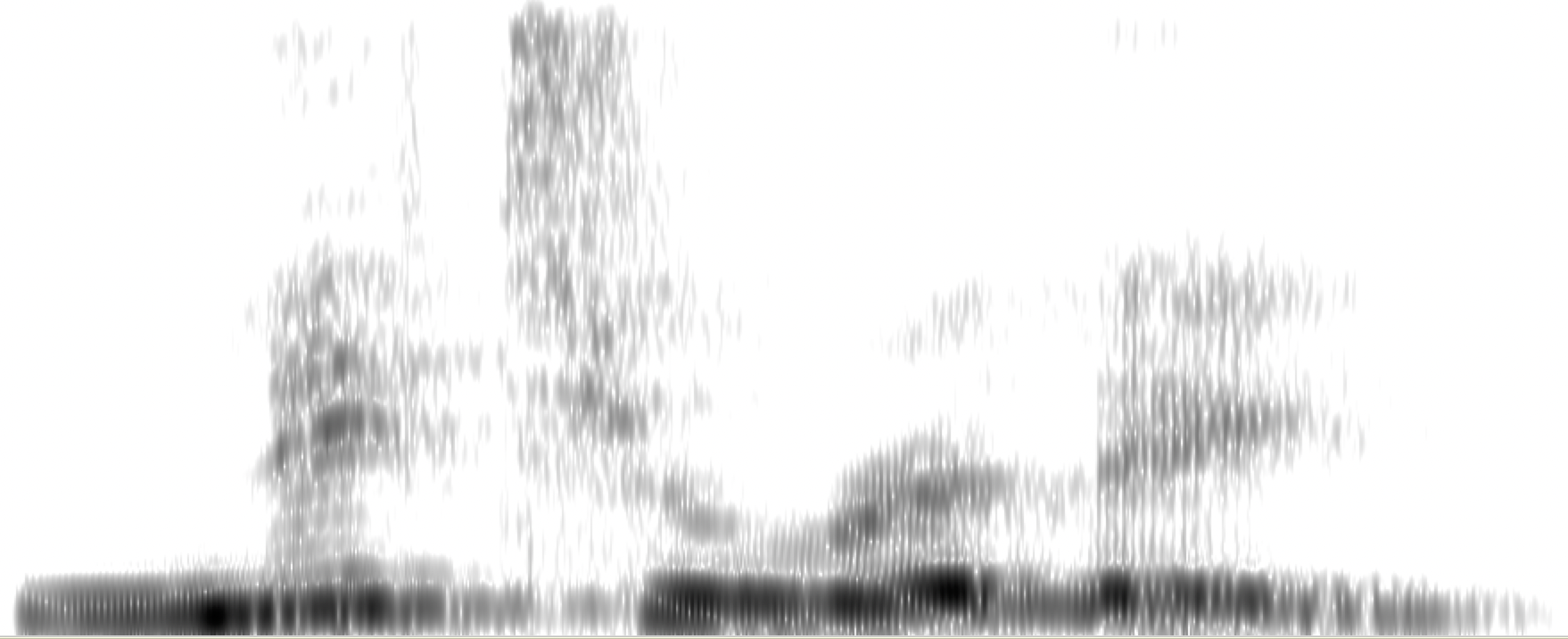
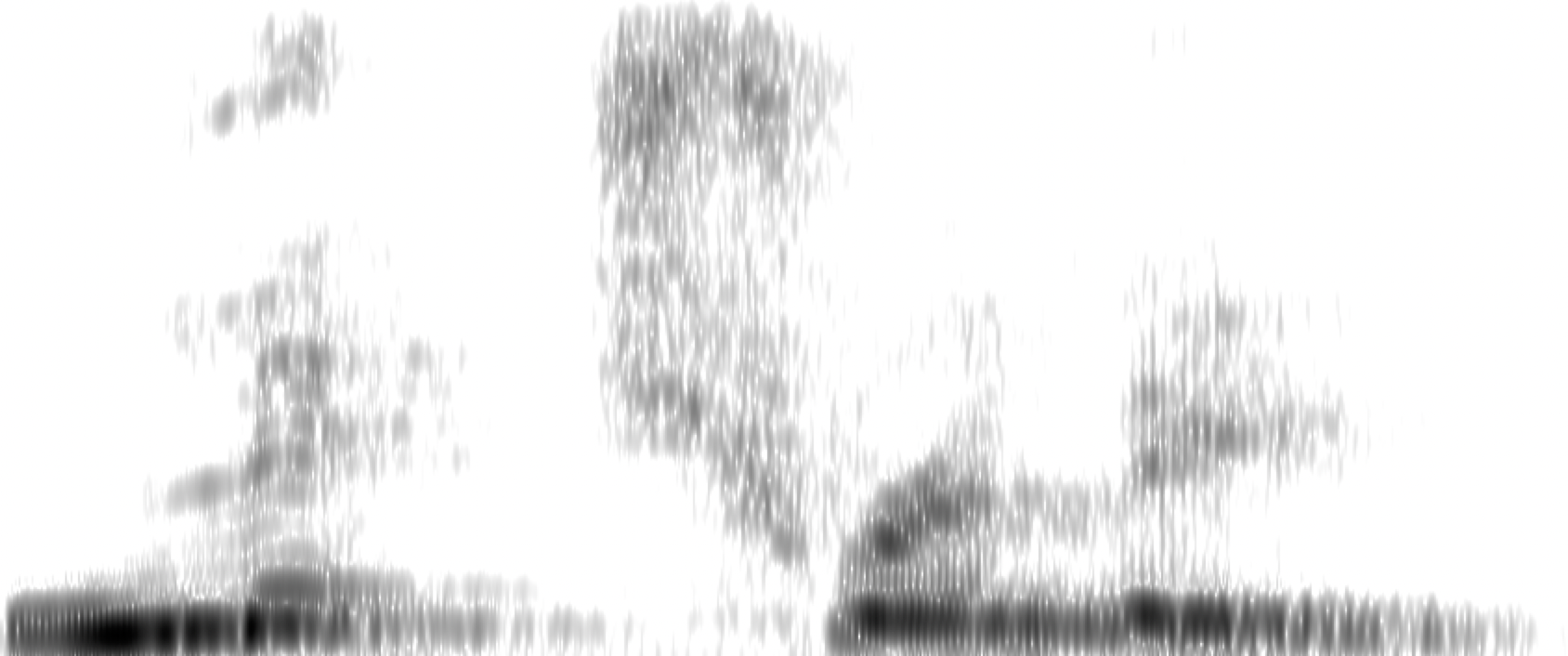
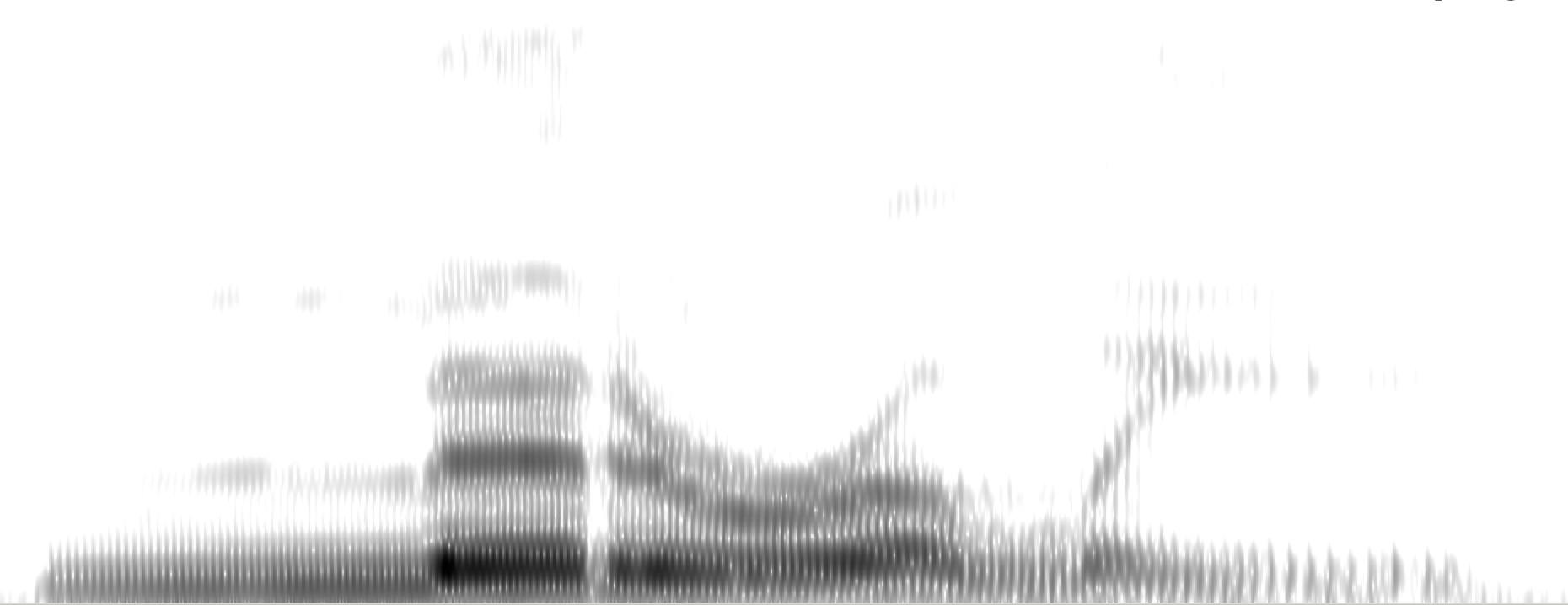
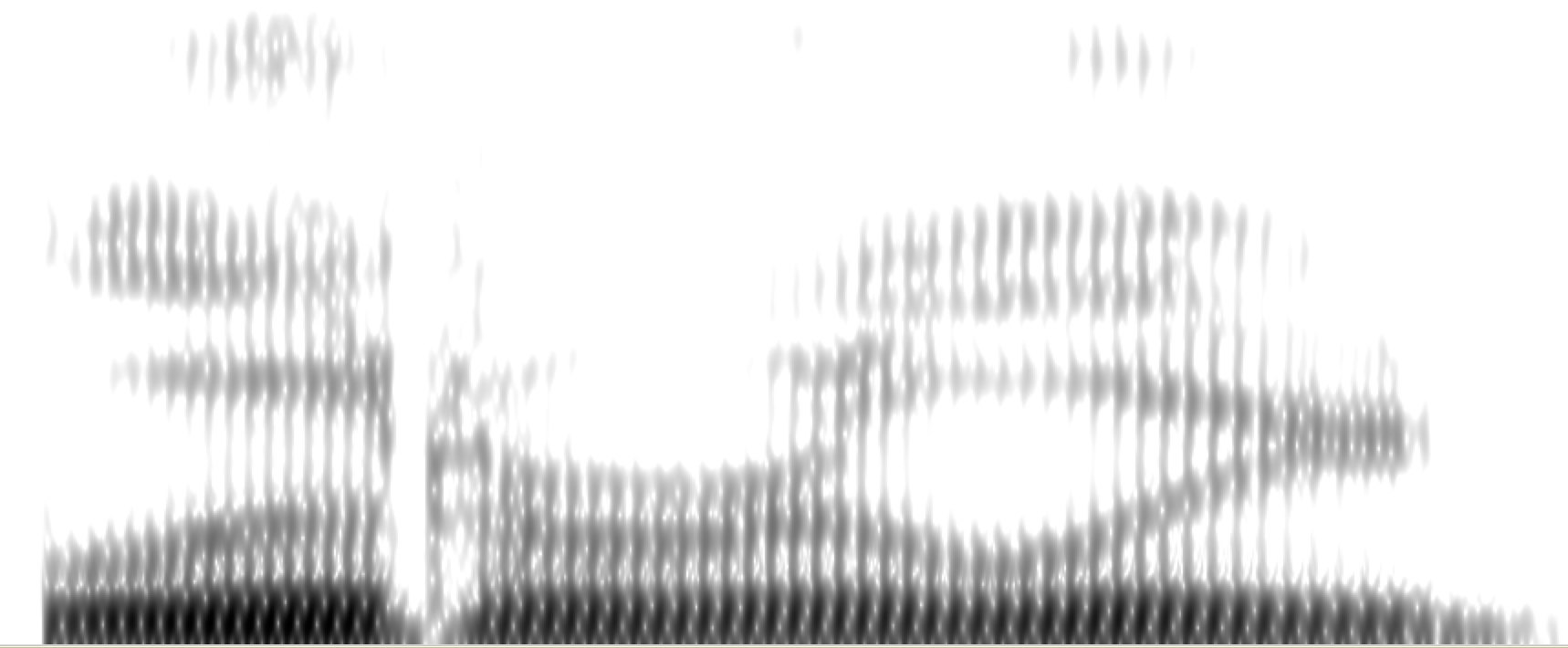
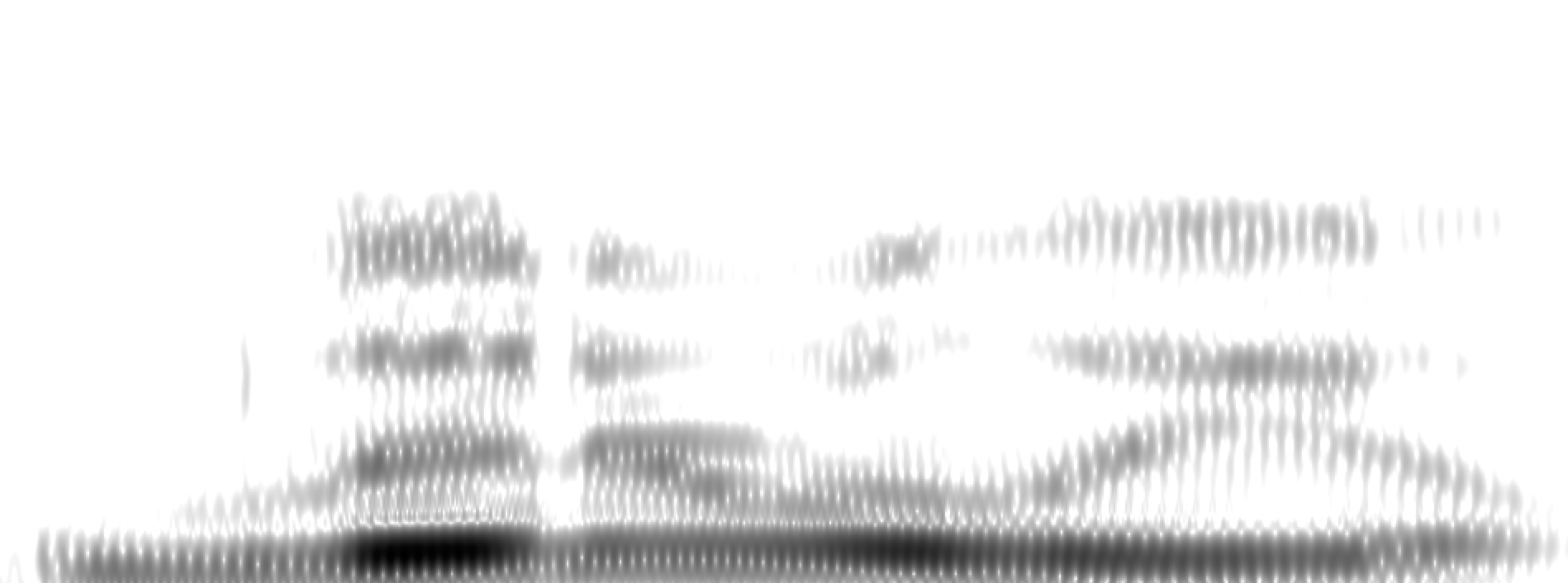
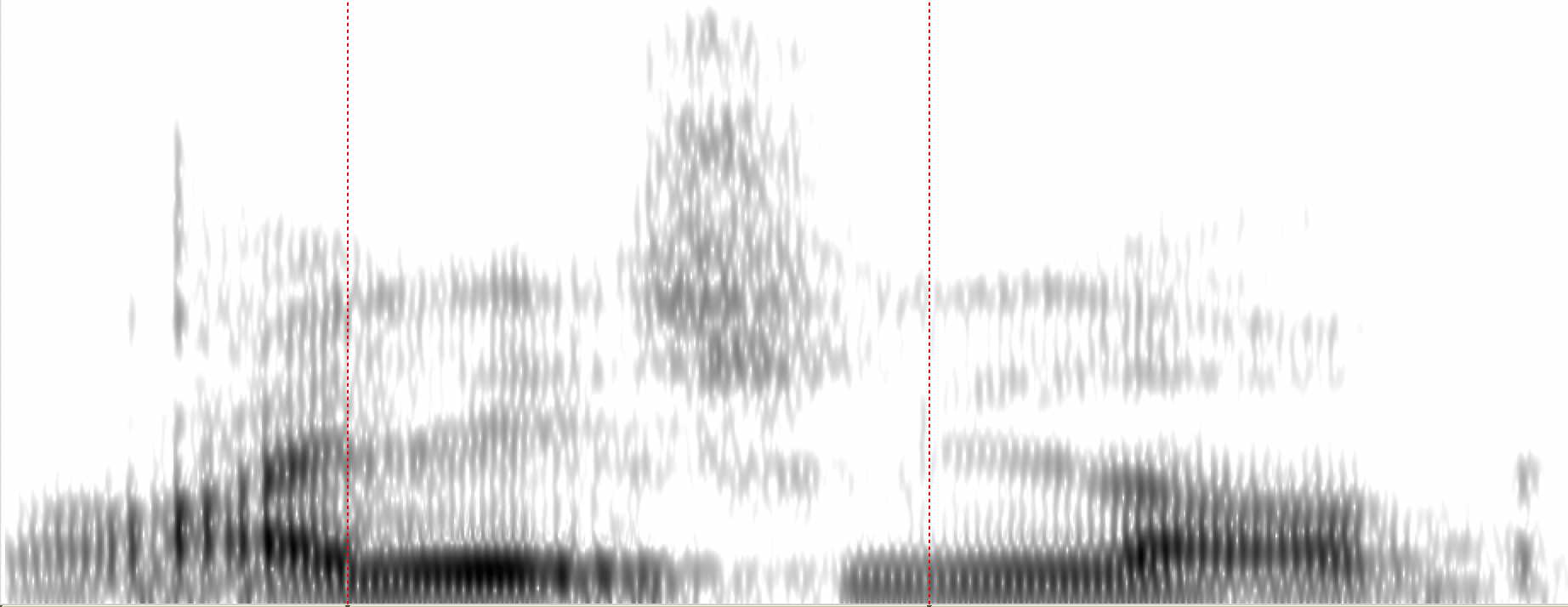
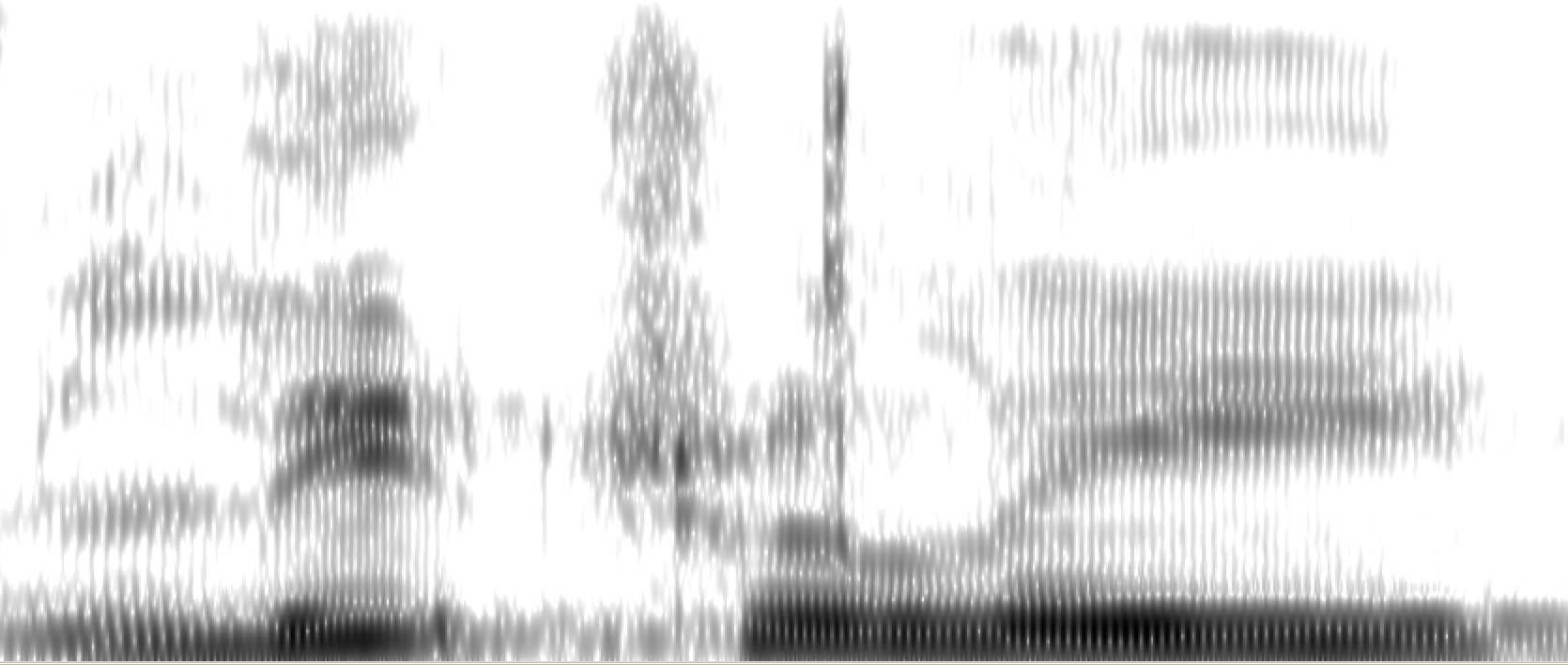
Taylor, Philip said,
July 31, 2023 @ 8:56 am
It does not entirely surprise me that someone who consistently pronounces "dictionary" with three syllables also reduces "literally" to three syllables, although it does surprise me that she has /tʃr/ where I have /tə·r/ or /tr/ (the former in careful speech, the latter in casual).
Jarek Weckwerth said,
July 31, 2023 @ 9:17 am
@Philip Taylor: Her using /tʃr/ in her transcription is a manifestation of what I mentioned in my comment on that previous post: The imposition of a phonemic interpretation on sub-phonemic phenomena by a non-phonetician. This is also what Mark implies when he says "it's phonetics, not phonology". Since we know you own the Longman Pronunciation Dictionary, you can find a mention of /tr/ in the entry for "Affricates". This is exactly what's at play here.
BTW, if you want a quick way of surveying what people actually say, YouGlish and similar services are the way to go, allowing you to search for specific words in YouTube captions:
https://youglish.com/pronounce/literally/english/uk
Since it's semi-automated, there will be dialect mislabellings (such as the American Casey Neistat in one of the clips for this word), but the ability to use actual audio rather than declarations (Mark's "people's intuitions about when and why they say what are generally not very reliable") cannot be overestimated.
BTW, Geoff Lindsey's phenomenal free CUBE pronunciation dictionary uses YouGlish as the source of audio examples:
http://seas3.elte.hu/cube/
Taylor, Philip said,
July 31, 2023 @ 9:21 am
[And a related question, for those who hold qualifications in, and teach, elocution] — do you teach /ˈtjuːz deɪ or /ˈtʃuːz deɪ/ (etc.) ?
Jarek Weckwerth said,
July 31, 2023 @ 9:31 am
This is the second or third time that a comment of mine has disappeared — presumably for moderation. Could I please ask for guidance on what to avoid in order to prevent this? Links? Links to specific services? I'm pretty sure the comment was on topic and polite enough.
[(myl) It's the fault of the (annoyingly inaccurate) automatic spam detection program, which is triggered by mysterious and undocumented combinations of words, character count, links, blah blah. I'd turn it off, but it does actually block thousands of problematic comments per day…]
Chris Button said,
July 31, 2023 @ 9:49 am
The common syllable dropping in British English versus American English is surely well known for these kinds of words as quite a distinctive trait? John Wells' Longman pronunciation Dictionary (referenced in one of the comments on the earlier thread) covers it nicely under the relevant entries.
As for "tr-" sometimes sounding like "chr", here's a nice post by John Wells on that very topic:
http://phonetic-blog.blogspot.com/2011/03/how-do-we-pronounce-train.html?m=1
Gregory Kusnick said,
July 31, 2023 @ 10:15 am
Jarek: Multiple links in one comment seems to be a good way to get it flagged by the spam filter for human review. If it doesn't appear immediately, best advice is just to wait a while (less than an hour in this case, apparently) for it to be reviewed and approved.
Jarek Weckwerth said,
July 31, 2023 @ 10:38 am
@Mark, Gregory: Thanks for the explanations. I was flummoxed because from my point of view the comments posted normally and then disappeared a minute or so later.
David Marjanović said,
July 31, 2023 @ 11:28 am
No. It's a genuine shift from /tɹ/ to /t͡ʃɹ/: the phonetics shift the phonology from one phoneme to another. Every /t/ followed by /ɹ/ has been replaced by /t͡ʃ/.
The reason this is phonology and not just phonetics is that English happens to already have a /t͡ʃ/ phoneme. That's far from always the case in sound shifts. Many native speakers have for example a shift from [hj] to [ç]; this [ç] is still /hj/ because there's no other source for [ç] in the system.
Chris Button said,
July 31, 2023 @ 12:04 pm
@ David Marjanović
Although it's really just allophonic variation. Or as John Wells puts it in his blog I cited above: "I don’t believe there is any such phonological change in progress."
Mark Liberman said,
July 31, 2023 @ 1:27 pm
@David Marjanović:The reason this is phonology and not just phonetics…
Maybe. For more on the issues involved, see this book chapter..
There have been (mostly bloodless) intellectual wars about this — for which ironically we can use the same ὁμοιούσιος / ὁμοούσιος terminology as the older (and bloodier) theological debates.
Jim Breen said,
July 31, 2023 @ 5:56 pm
I commented in the earlier blog entry:
> I've lived in Australia for most of my 76 years, and I've never heard battery pronounced "batchry". A quick survey of some friends and family members found that they hadn't either.
That said, the "er" is certainly de-emphasized, especially in the plural.
David L said,
July 31, 2023 @ 7:55 pm
My impression is that an initial 'tr', as in 'try', very much resembles 'tchr', whereas between syllables, as in 'battery', the 'ch' sound is not as prominent. But I can't imagine any native English speaker pronouncing the 'tt' in battery the same as in 'attack', for example, unless you also distinctly enunciate the middle 'e'.
David Nash said,
July 31, 2023 @ 8:22 pm
I agree belatedly with my fellow speakers of Australian English (@Jim Breen, @Andrew (yet another one)). The phonetics (as described by @Jarek Weckwerth) are involved in the once locally famous slogan and jingle of a Sydney car radio company "Drive in and jive away".
Chris Button said,
July 31, 2023 @ 9:02 pm
I think the confusion with “battery” (rather than say with “sentry”) is coming from “batch” being a word. So, as people think about how they pronounce the word, they are breaking it as “batch.ri” when it reality it is broken as “batchr.i” (like “sentr.i”).
I’ve always found John Wells to be spot on when it comes to syllable breaks.
Chris Button said,
July 31, 2023 @ 9:05 pm
Like “sentr.i” or “sentchr.i”, I should have said,
Philip Anderson said,
August 1, 2023 @ 12:23 am
The gist of this thread seems to be phoneticians telling non-phoneticians what they are really saying, and hearing, and the latter being unconvinced. So is it only phoneticians who hear ‘tr’ as ‘tchr’?
But the original remark asserted that “pronouncing words like military, literally, and battery without making the "ch" sound (mili-chery') is a sign of an uneducated person”, which I took to be the reaction of ordinary people (or at least Australians), implying they generally do hear the ‘ch’ – unless it’s just phoneticians labelling people as uneducated?
Maybe my interpretation of’ “batt’ry” as bat-ri is wrong, although being non-rhotic I only pronounce ‘r’ before a vowel; but if I heard ‘senchry’ I would interpret this as ‘century’, not ‘sentry’ , unless pushed by context.
David Y. said,
August 1, 2023 @ 12:28 am
I was humbled, as a nearly lifelong Midwesterner, by my reaction to all the memes of several years ago about "ope." I was 100% confident I had never heard or said it. It was not a day later that I heard somebody else saying it, and a couple days after that that I caught myself saying it.
Moonfriend said,
August 1, 2023 @ 12:37 am
As a card-carrying Aussie, and for what it's worth, to me 'sentry' and 'century' are homophones and I pronounce the other word as batchri, as does pretty much everyone around me. When I hear 'baddery' or 'miliTARY', I don't think the person is uneducated, but I do instantly think the speaker has been raised on YouTube videos.
Peter said,
August 1, 2023 @ 4:02 am
I remember playing I Spy when my son was about 4 and someone said "something beginning with T" which everyone else quickly figured out was "tree" but for some reason he couldn't guess. When the answer was eventually revealed he refused to believe that "tree" began with a T – to him it clearly began with CH.
Sean P said,
August 1, 2023 @ 6:58 am
In a pub in Hammersmith (London) many years ago, I ordered a tuna and cheese toasted sandwich. When the barman brought it to the table he said, “tuna and cheese, tuna and cheese, T and T.” It took me several seconds to recognise his error.
Quinn C said,
August 1, 2023 @ 1:10 pm
@Chris Button
This is by no means the first time that I see a syllable break indication like the one you did, but they always confuse me, because I don't understand the underlying definition of a syllable. The definition I use requires a syllable to be pronounceable on its own, whereas your "sentr"/"sentchr" would constitute a syllable that's only allowed in a context where it's followed by another syllable that starts with a vowel
Is there an easy accessible source that explains this?
(I've studied some linguistics, but never took a phonetics course)
Chris Button said,
August 1, 2023 @ 4:57 pm
@ Quinn
You could try this:
https://www.phon.ucl.ac.uk/home/wells/syllabif.htm
Josh R. said,
August 1, 2023 @ 6:54 pm
David Y. said,
"I was humbled, as a nearly lifelong Midwesterner, by my reaction to all the memes of several years ago about "ope." I was 100% confident I had never heard or said it. It was not a day later that I heard somebody else saying it, and a couple days after that that I caught myself saying it."
I grew up in St. Paul, MN, but have lived in Japan the past 18 years. One day at work a few years back, I passed by an English-speaking colleague in the hallway, and greeted her with "Ope!" Immediately afterward, I was thinking to myself, "What the hell was that? Were you trying to say 'Oh, hi!' and failing? You've been in Japan too long, and your English is going to crap."
By happy chance, it was not long afterward that I came across on article on "Ope" and realized that I had simply reverted to deep, unconscious dialect.
Josh R. said,
August 1, 2023 @ 7:01 pm
More on the subject of palatalization of "tr" and "dr", this was something I wasn't even aware of until speaking to my toddler daughter, and as her primary role model for English, becoming very conscious of my own pronunciation. I had to think, do I teach her the "book" pronunciation, or the "real" pronunciation? After some (relative) agonizing, I've decided to use a very precise and non-palatalized "tr-" and "dr-" when reading to her, not worry about it in extemporaneous conversation, and trusting that she'll pick things up naturally.
AG said,
August 1, 2023 @ 8:31 pm
i was involved in a recent discussion on twitter about whether "batshit" and "catch it" rhymed. i (in the minority), claimed
they do but it depends on your accent. any thoughts?
Taylor, Philip said,
August 2, 2023 @ 5:35 am
It seems to me that whether or not they rhyme depends on whether the speaker pauses after "cat" — if the phrase is pronounced /kæt·ʃɪt/, then there is no rhyme; if pronounced as /kætʃɪt/, then a rhyme obtains.
Julian said,
August 2, 2023 @ 6:08 am
65yo Australian here
On litrelly vs lichrelly and battry vs bachry
I feel the consonant is half way between t and ch.
But it's definitely three syllables for litrelly/lichrelly and two for batry/bachry.
But agree that battery as in assault and battery is different and does have three syllables.
Aotearoa said,
August 3, 2023 @ 4:48 am
Younger generations in Aotearoa/New Zealand say it as baddery. 3 syllables. Here there is a growing tendency to pronounce vulnerable as vunnerable. I heard a Radio New Zealand reporter pronouncing it this way recently.
James Wimberley said,
August 3, 2023 @ 11:52 am
is there a standard in aviation or aerospace for this? Assault in the air with battery is rare but does happen with drunk passengers. Batteries for electricity are critical equipment and misunderstandings cold be expensive. In this clip from the film Apollo 13, the NASA engineer says batt-e-ry, as I would. Uneducated my eye. https://youtu.be/Ju-OBU7uTyc
Taylor, Philip said,
August 3, 2023 @ 3:10 pm
/ˈvʌ nə‿rə |bəl/ is probably at the top of my current list of aural bêtes noires; I hear it most days of the week at some point on BBC Radio 4. Second is /ɪ ˈnɪ və tɪv/, but then I also dislike the LPD's /ˈɪn əʊ ˌveɪt ɪv/. For me, it should be /ɪ ˈnɒ və tɪv/, which is reasonably close to John Wells' second version /ɪ ˈnəʊv ət ɪv/.ɪ
Terry K. said,
August 4, 2023 @ 1:46 pm
@James Wimberly. As I read it, the quoted comment makes no claim that such pronunciations are uneducated in the U.S.
David Marjanović said,
August 9, 2023 @ 7:19 am
No, we're looking at a whole complex of issues:
1) Some people pronounce tr dr as actual t d followed by r; some pronounce them as 'chr jr', if not even just 'ch j'; and some pronounce them somewhere in between. All three definitely occur in England, and at least the last two evidently do in Australia.
2) It is in fact common for people to be unaware of how they really pronounce things. That doesn't mean, though, that phoneticians can tell you how you speak without having at least listened to you (or, better yet, recorded you and made a spectrogram of the recording, because it isn't hard to be unaware of how other people really pronounce things). It seems that Wells was simply unaware that there were people who really go all the way and say 'chr jr'. (It's possible that he had really never encountered any; the phenomenon is by all evidence pretty young.)
3) Phonemes are an abstraction. A phoneme is the set of all sounds that a given language (or tiny sub-sub-dialect) treats as "the same thing"; this is a claim about what's going on inside people's heads, so of course it's difficult to test. Disagreements are inevitable. I would say that people who pronounce tr dr with unmodified 't d' use /t d/ here; people who pronounce tr dr with straight-up 'ch j' use 'ch j' (/t͡ʃ d͡ʒ/), and have a restriction that prevents /t d/ from occurring whenever /r/ directly follows (…or at least when it directly follows in the same word… that's one place where the writing of volumes begins); and of the people who use in-between sounds, those sounds probably belong to ( = are allophones of) /t d/ for most of these people, but I have no way to exclude the possibility that the sounds in question are allophones of /t͡ʃ d͡ʒ/ for them.
How syllables work in English, BTW, is a very complex topic that a lot has been written about. I prefer Bermúdez-Otero's work over Wells's; it's even more complex, but covers a few cases that Wells's doesn't, like how exactly latex ends up sounding, and it's in the end less counterintuitive than Wells's.
Chris Button said,
August 11, 2023 @ 6:14 am
From John Wells's blog here http://phonetic-blog.blogspot.com/2011/09/details.html?m=1
"Furthermore, t-voicing is blocked (somewhat mysteriously, from my point of view) if the following vowel is unreduced and there is no word boundary. You get it in later ˈleɪɾə(r) and my late uncle maɪ ˈleɪɾ ˈʌŋkl̩, but not in latex ˈleɪteks."
Tom said,
August 19, 2023 @ 11:22 am
Those who have the rolled r, as Southern Germans, Malay, Indonesians, South Africans, and Scots, literally have less problems with the battery of t, r, and tr in words like military.
Mispronounciations can travel far and wide, for instance the last name of the popular actor (not actress), Charlize Theron, is a "thron-" in her family and in South Africa https://www.youtube.com/watch?v=nrGuuzVf-Zg, and not "thae-run" as it's widely used in the US.
David Marjanović said,
September 6, 2023 @ 6:00 am
Bermúdez-Otero also accounts for why latex gets pre-fortis clipping.
Chris Button said,
September 6, 2023 @ 9:11 am
Lat.ex ˈleɪt.eks
Lat.er. ˈleɪɾ.ər
Michael Watts said,
September 7, 2023 @ 7:22 am
@Chris Button
I have a hard time believing the syllabification /ˈleɪt.eks/, simply because the /t/ in "latex" is aspirated and I don't think a syllable-final stop can be aspirated. (Except for emphatic reasons, such as in citation form or when correcting a mishearing.)
Chris Button said,
September 8, 2023 @ 6:46 am
@ Michael Watts
Pea
Happ.y
Compare the aspiration in those two words.
I think you’re bring thrown by the t-voicing/flapping/tapping (whatever you call it ) in the earlier example
Compare “pea”